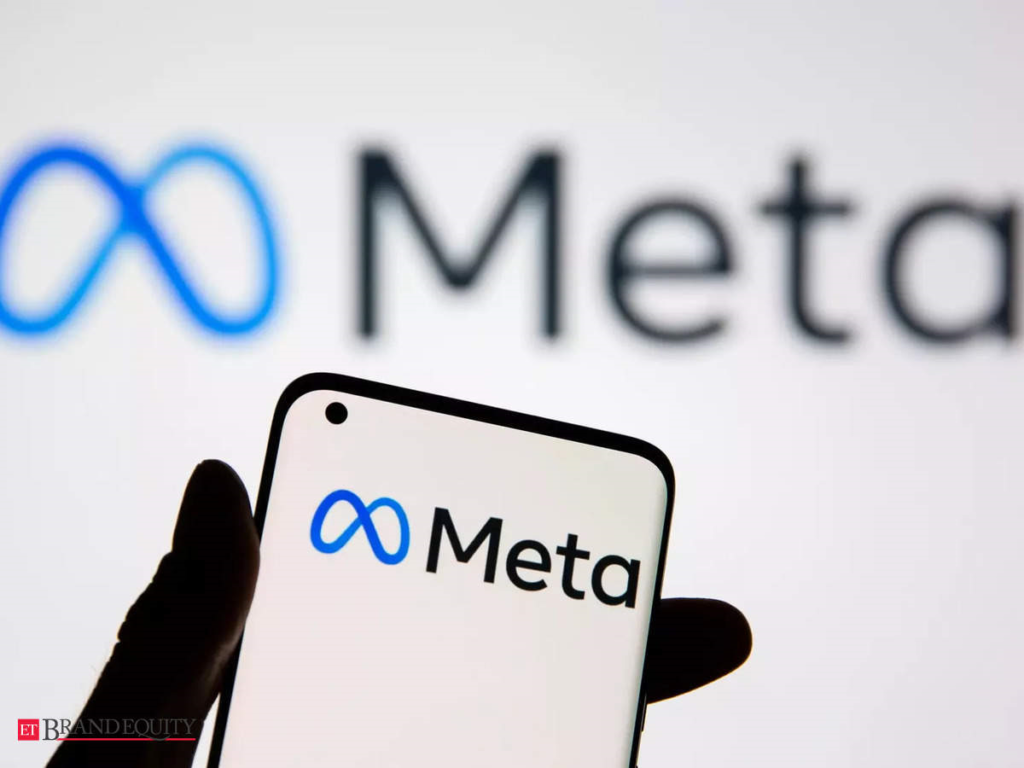The introduction of Facebook on February 4, 2004, was a watershed moment in our history. Since then, the world has continued to evolve into a more linked and communicative community, with people using social media for a variety of purposes. On Thursday, 28th October, Mark Zuckerberg announced that Facebook Inc. will be rebranded as Meta. This marks the inception of Mark’s dream to create a “metaverse company”. Mark, describes the metaverse as a virtual space where “you’ll be able to hang out with friends, work, play, learn, shop, create, and more. It’s not necessarily about spending more time online – it’s about making the time you do spend online more meaningful.”
The term Meta comes from the Greek language and signifies “After” or “Beyond.” The rebranded logo has a strong resemblance to the symbol of infinity and the company says that the ‘Meta’ symbolizes “designed to dynamically live in the metaverse — where you can move through it and around it.”

The Facebook firm or Facebook Inc. will now be known as Meta. The Facebook app, on the other hand, will keep its name, and other apps will not be affected. However, Instagram, Facebook, WhatsApp, and Messenger are now all part of the ‘Meta’ corporation.
What exactly is the Metaverse?
The term “metaverse” was originally used in Neal Stephenson’s cult science fiction novel Snow Crash, which was released in 1992. The novel is set in a dystopian world where governments have delegated power to private corporations and deal with a variety of modern issues such as virtual reality, digital currency, and so on. Although the notion is not exactly the same, it is inspired from here in certain ways.
Metaverse is a step beyond what we think of when we think of the internet. There could be a slew of difficult responses to this topic. However, the metaverse can be thought of as a parallel, virtual universe where users can have several identities, belongings, and characters. The Metaverse, according to the complicated explanation, is the post-Internet world, a decentralized computer platform of sorts that is continuous and active. It’s a completely digital economy.
According to Facebook’s proposal, two persons in separate cities in the world may attend a performance together, or perhaps a party with other virtual or holographic avatars. Work from home would have a new connotation in the metaverse. Logging in would allow you to experience the office virtually as if you were there physically, without actually being there. The metaverse, however, is more than the ability to travel into many locations or to experience mixed reality. The fact that the metaverse is live, continuous, and never resets is one of its most distinguishing features. And, while it may appear that the digital world will take over our entire life, Zuckerberg ensures this is not the case.
As part of its efforts to build a ‘responsible’ metaverse, Facebook has already announced plans to contribute $50 million. As part of its ‘metaverse’ goals, it also expects to create roughly 10,000 new jobs in Europe.
Was it Necessary to Rebrand?

Absolutely yes, rebranding demonstrates Facebook’s dedication to its metaverse vision. The rebranding procedure also attracted a lot of attention to the company and made people aware of the metaverse. Facebook has a history of making well-informed decisions that benefit the company in the long run, and this decision is no exception.
As the word Facebook was previously connected with only social media, the rebranding will assist the corporation in shedding that image and establishing a new one with its metaverse goal. Several other businesses have used rebranding to implement a change in their company model or procedure, and the results have been generally good.
Although it should be noted that rebranding is a critical step that can have negative consequences if not done properly, it is always a good idea to consult or approach an expert for the same. Infiniqe Marketing has renowned expertise in the field of branding and rebranding, with several big names under its umbrella, so stay unique with Infiniqe.
